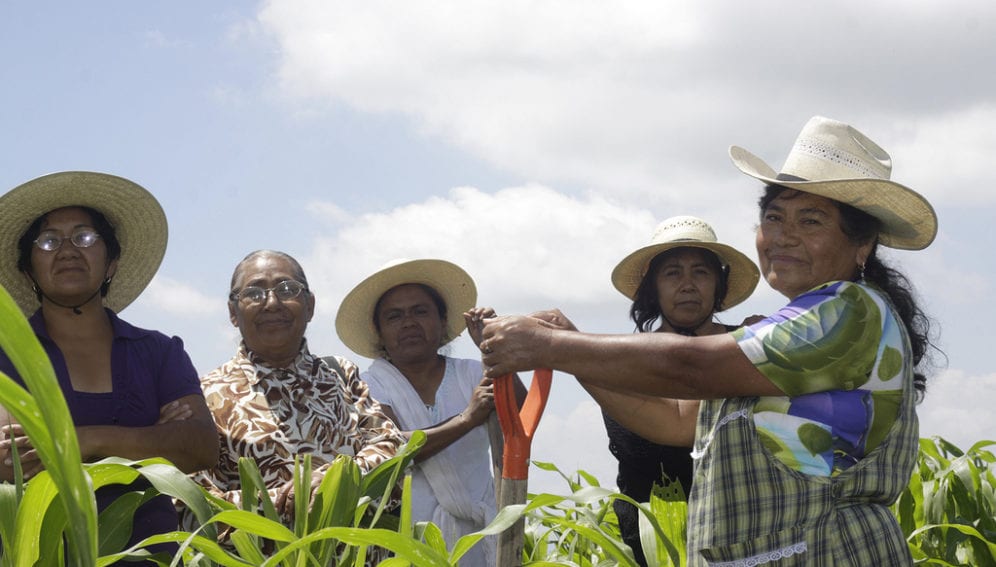Send to a friend
The details you provide on this page will not be used to send unsolicited email, and will not be sold to a 3rd party. See privacy policy.
[MONTEVIDEO] South America has got its first think-tank aimed at providing climate change knowledge to decision-makers to help them design tools tailored to local needs.
The Regional Centre for Climate Change and Decision-Making was launched earlier this year (19 March) in Montevideo, Uruguay, where it will have its headquarters and where it is organising its first training event for policymakers.
The centre is a joint initiative by the Panama-based Avina Foundation, which promotes sustainable development in Latin America, and UNESCO (the UN Educational, Scientific and Cultural Organization).
Its programmes will be implemented through an interagency partnership of ten universities and academic foundations from five countries: Argentina, Brazil, Chile, Paraguay and Uruguay.
During the first two years of the four-year initiative, UNESCO will provide a total of US$150,000 and the Avina Foundation a further US$80,000 for the centre's operation, Ramiro Fernández, energy and climate change director for Latin America at the foundation tells SciDev.Net.
The first training event to take place in Uruguay — chosen to run the initiative because of the interest shown by its government in tackling climate change and the progress in its climate-change adaptation plans — will consist of a symposium and workshop in October with senior representatives and decision-makers.
Attendees will hear from scholars, leaders and decision-makers from various countries, disciplines and economic sectors and discuss the latest trends in and knowledge about decision-making and climate change, says Denise Gorfinkiel, responsible officer for climate change at the UNESCO Regional Office for Latin America and the Caribbean.
After that, the centre will provide national and regional training courses tailored to specific local needs to help put the latest development concepts and science into practice, says Gorfinkiel.
The national training courses, which will be overseen by the new centre but coordinated by local institutions, are due to be held in the first quarter of 2014, adds Fernández.
"In the medium term, this joint effort will also generate a regional public good, resulting from a regional network of academic, political, economic and civil actors able to support decision-making on scientific and managerial issues related to sustainable development," Gorfinkiel says.
As a result of the project, Fernández envisions the generation of "a critical mass of decision-makers who incorporate the complexity of climate change in their everyday decisions and develop new management tools".
Agustín Giménez, the national coordinator of the Agroclimate and Information Systems Unit at the National Institute for Agricultural Research in Uruguay, welcomes the initiative as a high-impact tool for governments and the private sector in the region.
But he says that its impact will depend on the quality and applicability of the knowledge imparted.
Currently, the centre appears to have an academic focus, Giménez says, adding that "its remit should be broader, integrating institutions with different approaches in terms of research, development and innovation in climate change, impacts and adaptation".
To effectively contribute to decision-making, he says, it should also involve national centres of research in other areas, such as agriculture.














